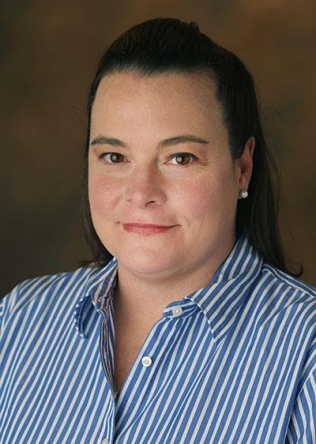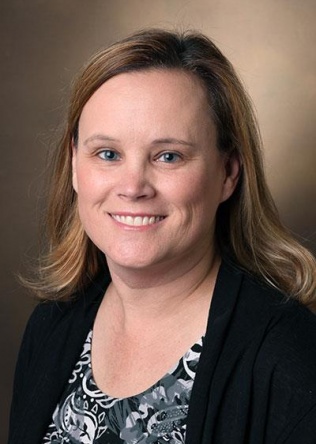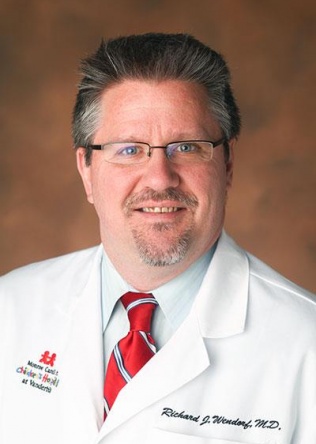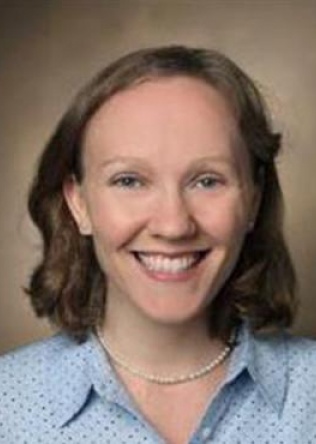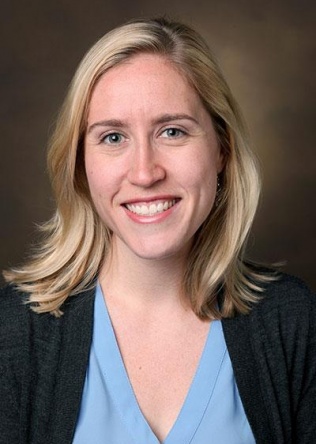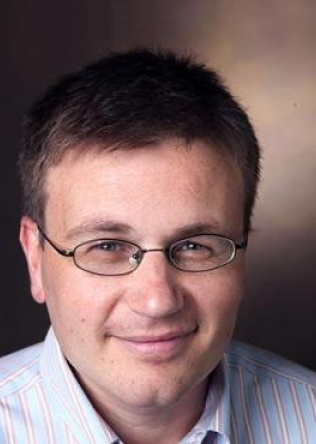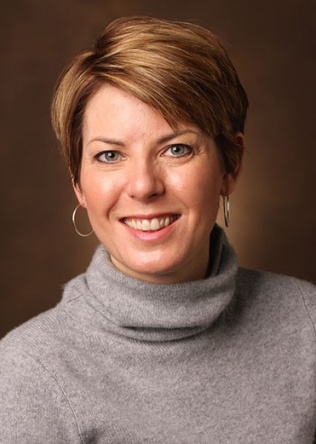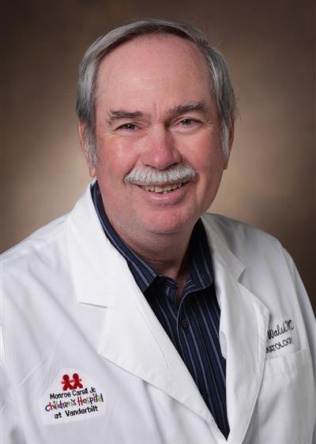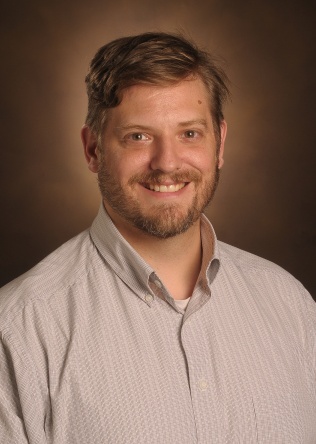Joern-Hendrik
Weitkamp
MD
Doctor's Office Tower
2200 Children's Way
Nashville
Tennessee
37232-9545
The focus of Dr. Weitkamp's research and scholarly work has been in neonatal immunology, neonatal infectious disease and necrotizing enterocolitis (NEC). He is specifically interested in the prenatal influences on the developing immune system. As the Director for Patient-Oriented Research, Dr. Weitkamp oversees numerous clinical trials and translational studies in neonatology. He is also a member of the Institutional Review Board (IRB) and chairs the Research Committee of the American Academy of Pediatrics Section on Neonatal-Perinatal Medicine.
>> View Publications on PubMed
hendrik.weitkamp@vumc.org
Neonatology, Neonatal Infectious Diseases, Neonatal Immunology, Necrotizing Enterocolitis
Specialty
Neonatology
M.D.
Ruhr-University Bochum, Germany, 1990
University of Ulm, Germany, 1995
Residencies
Pediatric Residency-Center of Pediatrics, University Hospital of Bonn, Germany
Pediatric Residency-Vanderbilt University Medical Center, Nashville, TN
Fellowships
Pediatric Infectious Diseases Fellowship-Vanderbilt University Medical Center, Nashville, TN
Neonatal-Perinatal Medicine Fellowship-Vanderbilt Children's Hospital, Nashville, TN
